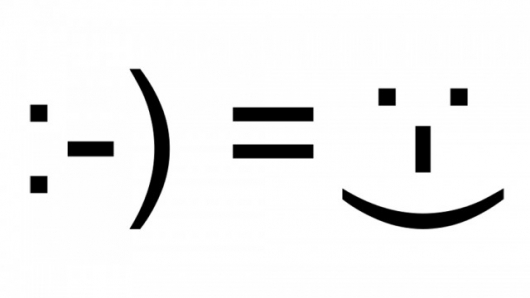New Tools for Measuring Happiness Developed

One of the challenges for positive psychology is pinning down the concept of happiness. We all think we know what happiness is when we see it, but in order to study happiness and its achievement systematically, psychologists need to be able to define happiness and understand what characteristics mark happy individuals in order to make advances in positive psychology.
According to a group of British researchers, a new tool for measuring happiness confirms that happiness may be defined as “stable extraversion.” The tool, called the Oxford Happiness Questionnaire, measures happiness as it relates to engagement and enjoyment in the world outside the self and finds a high correlation between feelings of well-being and extraversion.
The researchers find that characteristics of extraversion, such as being strongly interested in other people, having warm feelings toward those people, finding humor in life, being committed and involved, finding beauty in life, having fun with other people, and having a good influence on events or on other people, are correlated with feelings of well being, joy, satisfaction, and optimism.
The study was published in the May issue of the journal Current Psychology. The tool being tested was a shorter version of an older assessment, but the researchers hope that an even easier-to-administer tool might be developed in the future.
While the tool tested in this study can help psychologists more accurately measure happiness in order to study it, the tool itself does not offer direction for individuals on attaining happiness. Although behavioral therapy can help introverted people develop behaviors more characteristic of extraversion, studies have not yet been conducted to determine what the effects would be on individual happiness.
The researchers, Mandy Robbins and Bethan Edwards of the University of Warwick in England and Leslie Francis of Bangor University in Wales, say that although there seems to be a clear correlation between extraversion and happiness, it’s possible there are alternate explanations. Extraverted people and introverted people might experience happiness in different ways such that the test is biased toward extraverted people. They recommend that future research investigate the exact mechanism of the connection between extraversion and happiness.
In addition, the study was conducted with college undergraduates, two-thirds of whom were under 21. So the results may be more accurate for younger people.